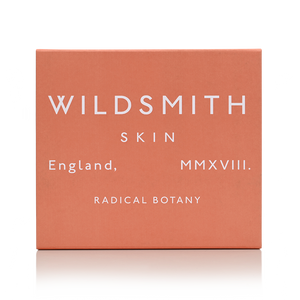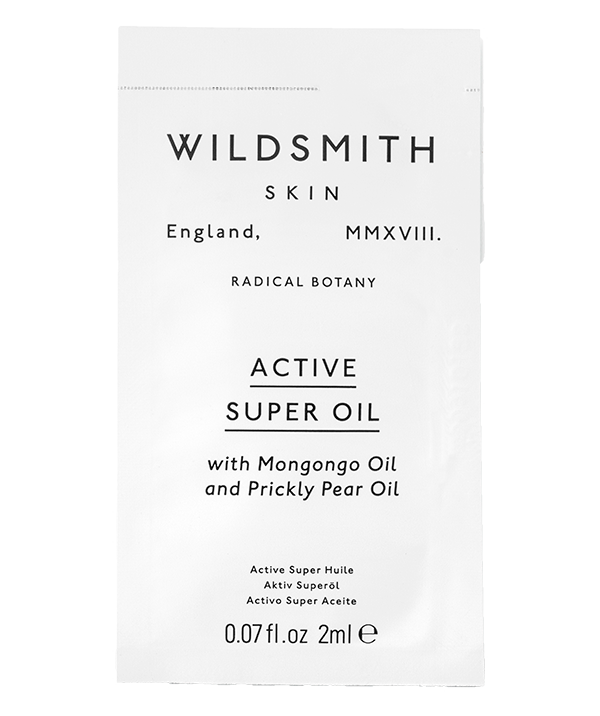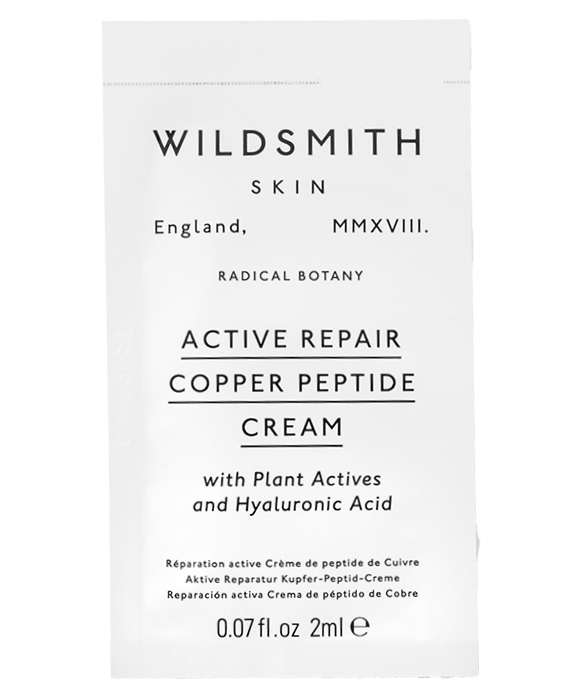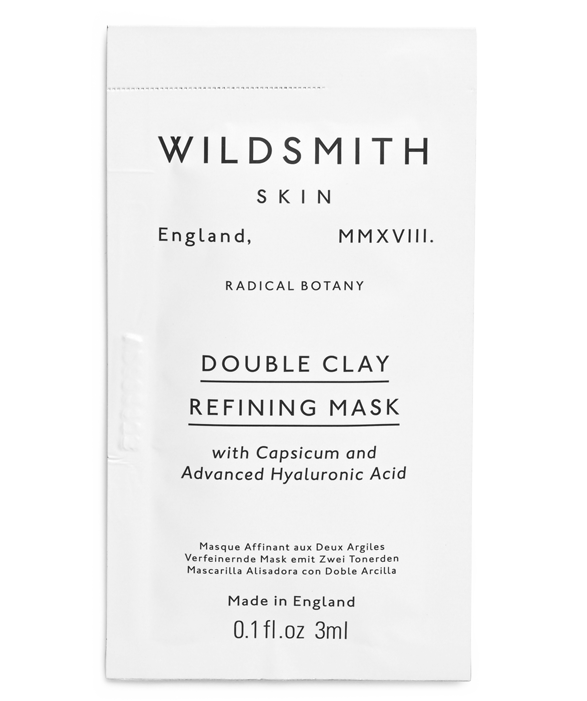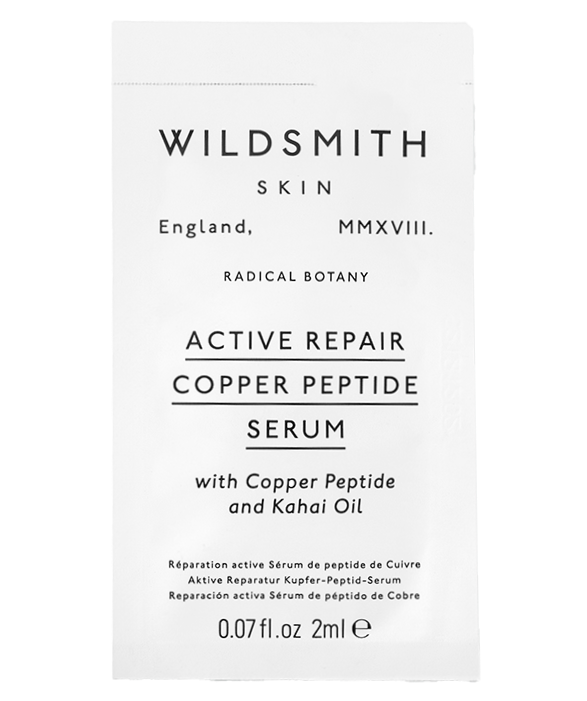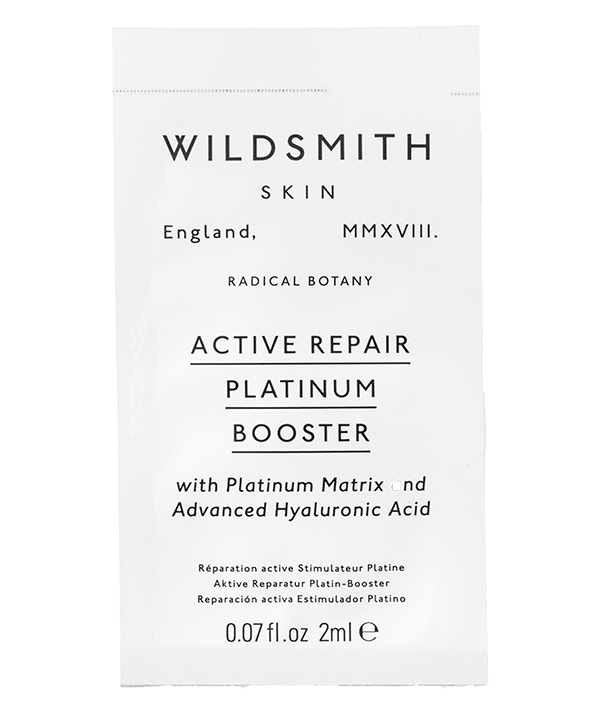The effects of hot and cold therapies are increasingly apparent – from stimulating blood flow, to enhancing immune response. One of the most accessible ways to experience this at home is in water. While hot and cold water each offer distinctly different benefits, collectively they contribute to a positive uplift for our entire wellbeing, be that physical or mental, or both.
The Health Benefits of Hot Water
Hot water immersion, that is taking a hot bath or shower, aids the body’s natural detoxification processes. Raising body temperature promotes sweating, a natural way for the body to expel toxins and also boosts blood circulation by dilating blood vessels, which enhances blood flow as well as oxygen delivery to tissues.
Drinking warm water, typically consumed at a temperature between 40-60°C, can also provide multiple health benefits. One of the lesser-known advantages is its ability to aid digestion – drinking hot water or herbal teas helps to break down food faster and more efficiently than cold water, so it can be useful in relieving the symptoms of indigestion and constipation.

HOT WATER FOR RELAXATION AND PAIN RELIEF
The application of heat has traditionally been used for pain-relief and relaxation. Soaking in a warm bath, or applying a hot compress, can help to alleviate muscle and joint pains, reduce stiffness, and even enhance greater flexibility.
Warm water activates the parasympathetic nervous system, the network of nerves which helps the body to feel relaxed. To further enhance the therapeutic effects of your soak, add Wildsmith Bath Salts, a soothing SEA SALT blend infused with 100% natural essential oils including LINDEN, ROMAN CHAMOMILE and CEDARWOOD, and slowly steep for up to 20 minutes.
The Health Benefits of Cold Water
Cold water, considered beneficial at temperatures below 15°C, offers a completely different set of advantages. One of the most notable benefits of cold water is its ability to reduce inflammation. This is because cold water constricts the blood vessels, which can help to minimise swelling, relieve acute injuries, and reduce the impact of strenuous physical activity. This makes cold water showers, cryotherapy, and outdoor swimming a popular choice for post-exercise recovery.

COLD WATER TO BOOST THE IMMUNE SYSTEM AND ENHANCE MOOD
Cold water exposure is widely thought to stimulate the immune system. In some small studies, regular cold showers have been shown to slightly increase the number of infection-fighting white blood cells (leukocytes) present in the bloodstream. Immersing yourself in cold water may also boost mental wellbeing by triggering the release of endorphins, the body's natural feel-good hormones which can lead to improved mood and increased energy levels. However, sudden exposure to cold water can, in rare cases, result in a condition known as cold water shock which affects heart rate and blood pressure, so always take care to acclimatise the body before taking part in cold water therapies.THE COMBINED BENEFITS OF HOT AND COLD WATER THERAPY
Alternating between the two – hot and cold water – a practice known as contrast hydrotherapy can combine the wellbeing benefits of both hot and cold temperatures. This method involves switching between hot and cold water to stimulate circulation, improve muscle recovery, and enhance an overall feeling of wellbeing. These contrasting temperatures cause blood vessels to alternately expand and contract, which helps to flush out metabolic waste products from tissues and reduce muscle soreness.
Whichever you feel is most relevant to you – everybody is different after all – hot and cold water offer a plethora of unique and complementary health benefits for us all. While hot water aids in digestion, pain relief, and relaxation, cold water reduces inflammation, boosts the immune system, and enhances mood. To experience the positive effects for yourself, try incorporating both into your daily routine.
